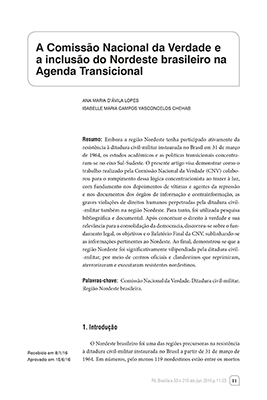Modern law and the crisis of common knowledge
Thomas Vesting
Abstract
The relation between law and practical knowledge plays no negligible role in the practice of law. But precise observations of this network of references have been neglected – probably owing to the printing press and the legal codes of nineteenth- and twentieth-century nation-states. In any case, the notion is now widespread that modern law must be described as an autonomous, “positive” law: this is, after all, how the post-1800 legal regime broke with earlier normative orders such as etiquette, morals, convention, and custom (French coutume, German Brauchtum), and thenceforward exercised its authority by means of a jurisprudence anchored in the institutions of the nation-state – written constitutions, law books, courts, and faculties of law. In contrast to such notions of a normatively closed order of law and a legitimacy secured through state authority, my remarks proceed from the theoretical realization that the codifying successes of modern law cannot be evaluated in isolation from the law’s situatedness in a “cultural and discursive space” of a higher order.
Keywords
Modern law. Common knowledge.
Como citar este artigo
(ABNT)
VESTING, Thomas. Modern law and the crisis of common knowledge. Revista de informação legislativa: RIL, v. 54, n. 214, p. 11-29, abr./jun. 2017. Disponível em: <http://www12.senado.leg.br/ril/edicoes/54/214/ril_v54_n214_p11>.
(APA)
Vesting, T. (2017). Modern law and the crisis of common knowledge. Revista de informação legislativa: RIL, 54(214), 11-29. Recuperado de http://www12.senado.leg.br/ril/edicoes/54/214/ril_v54_n214_p11
